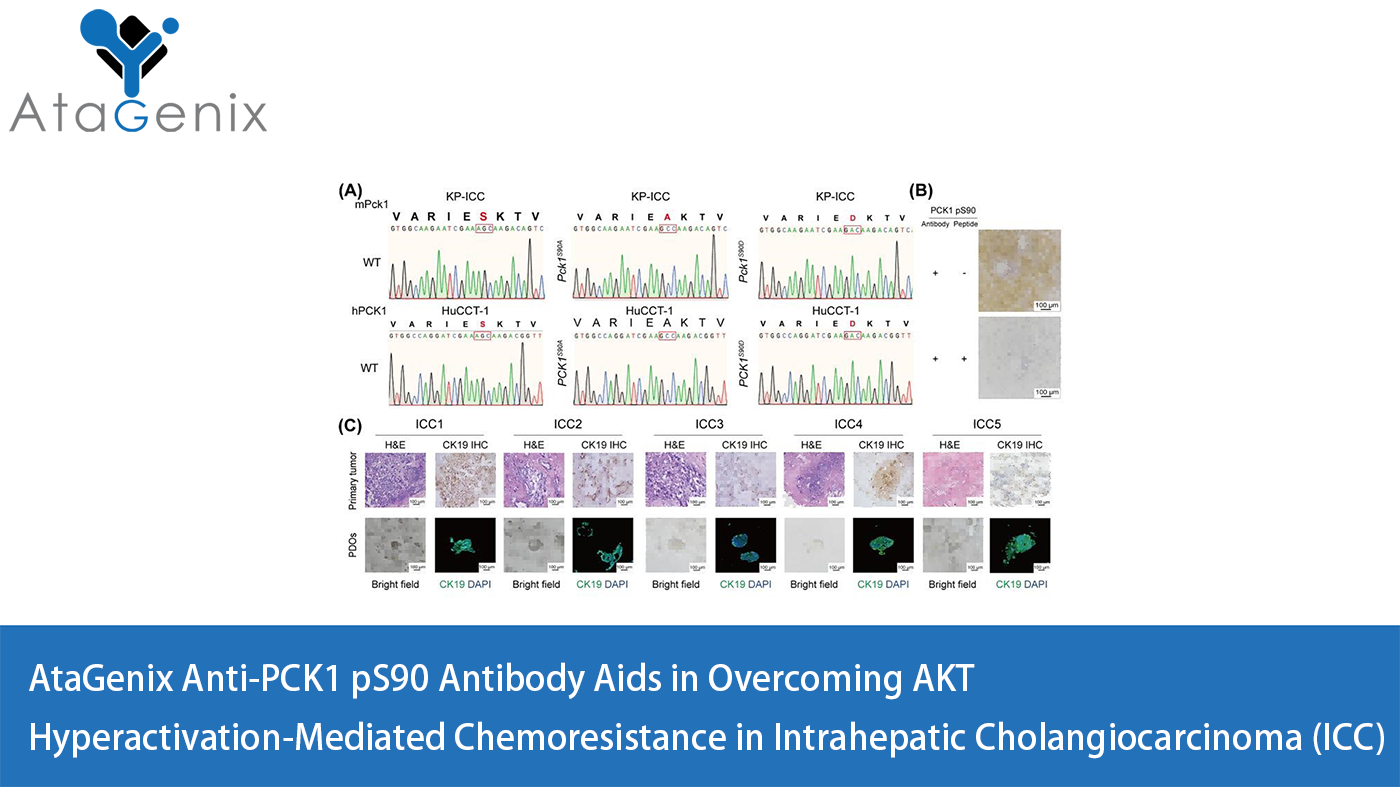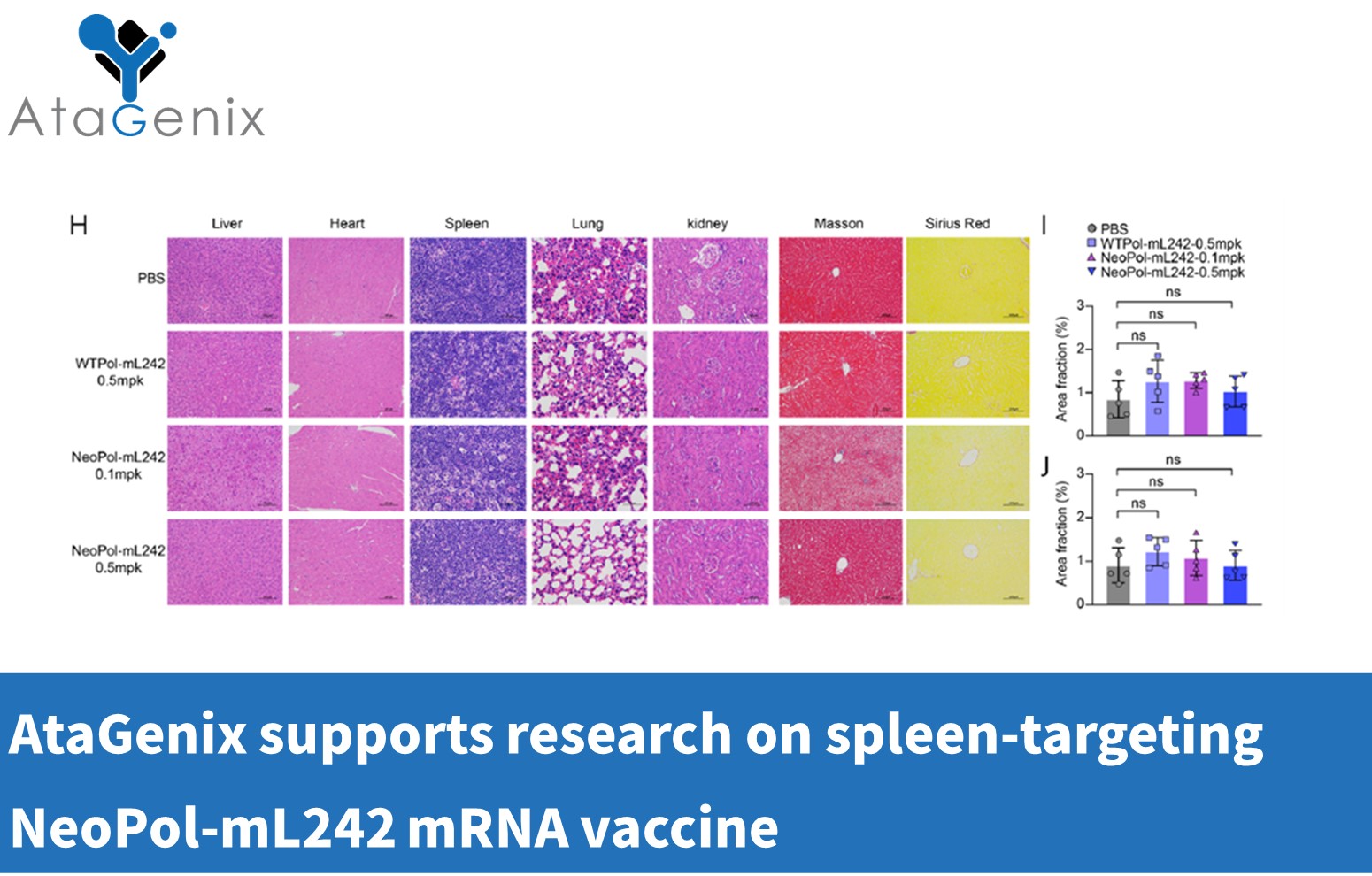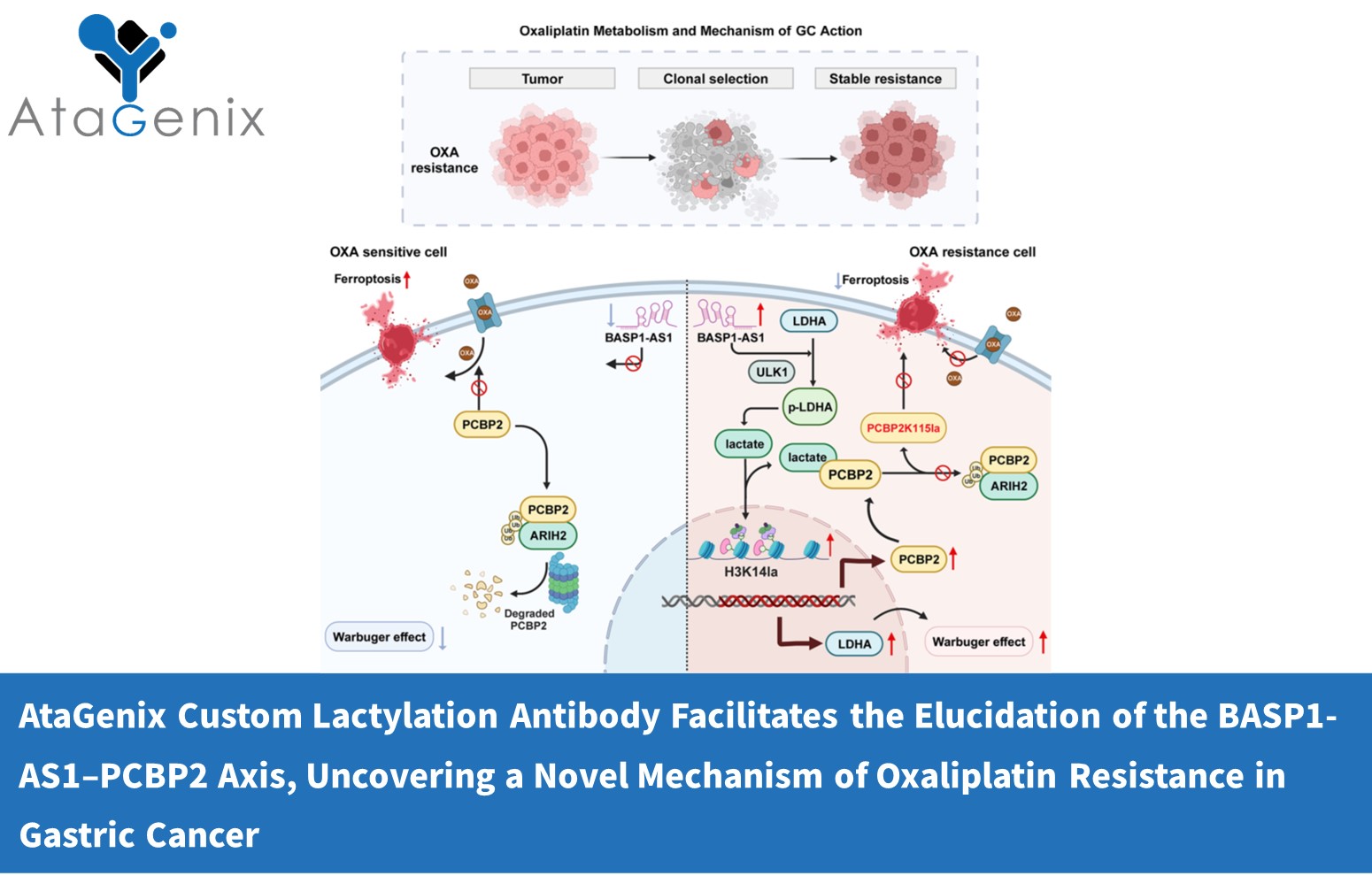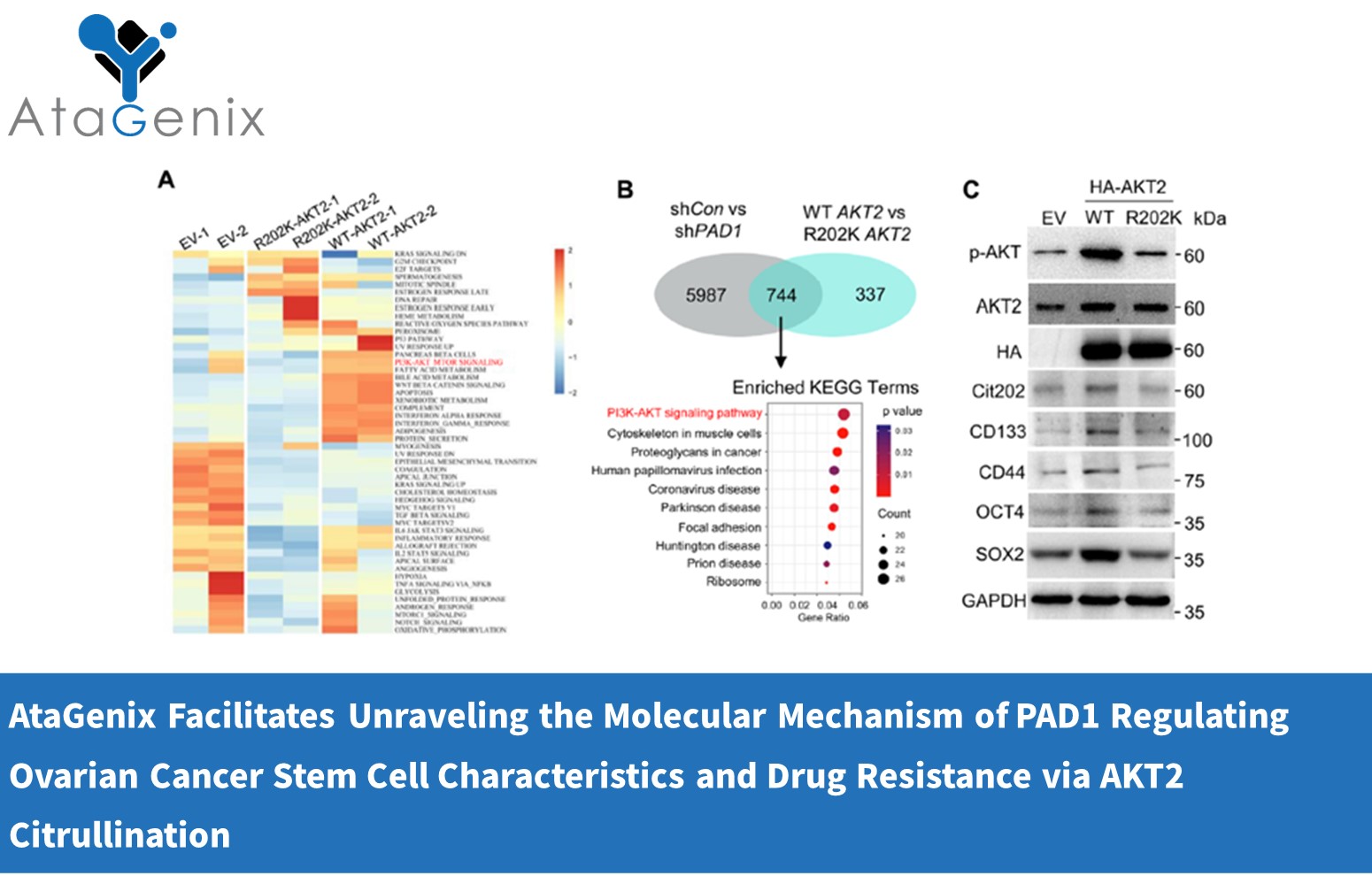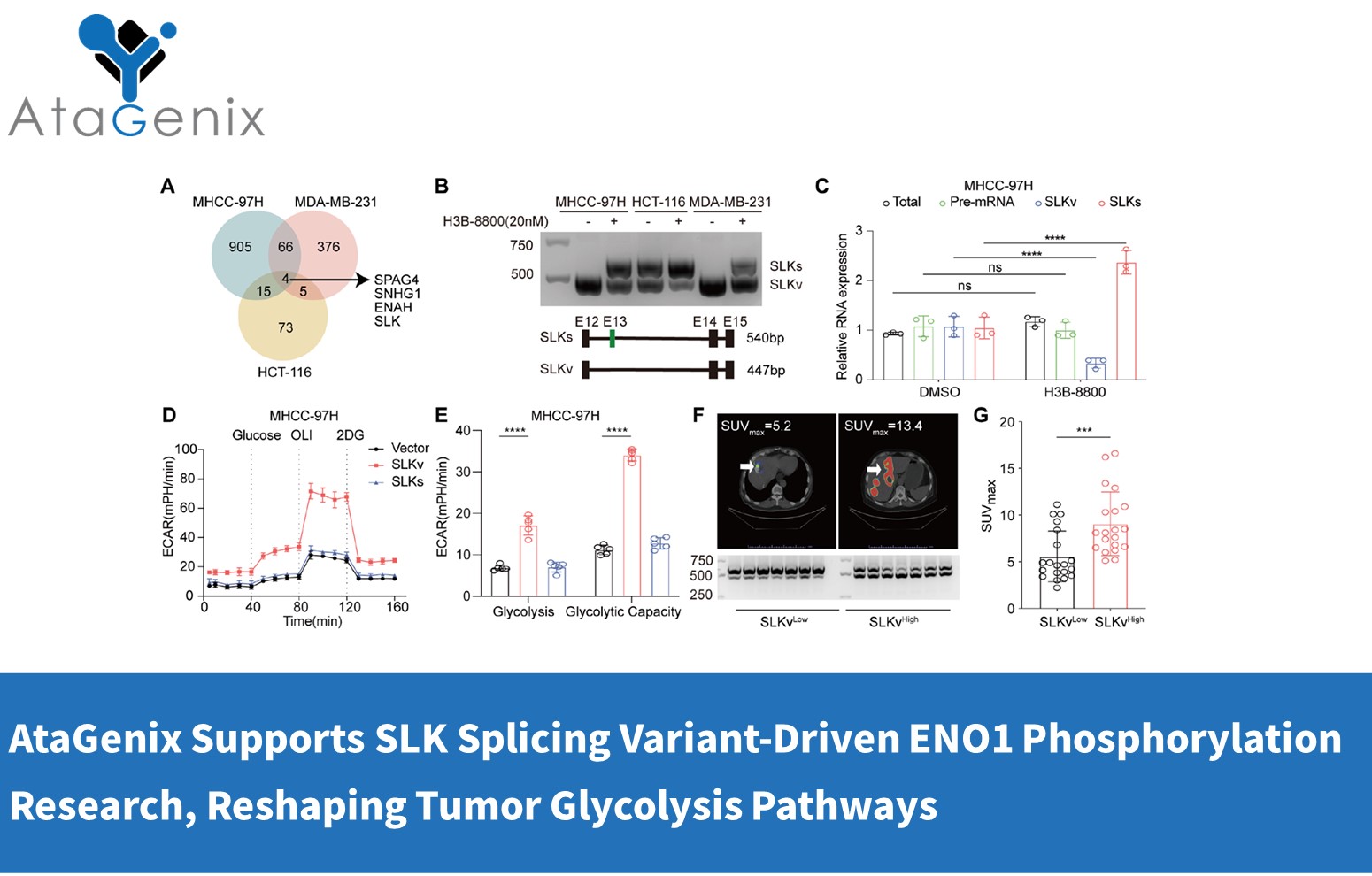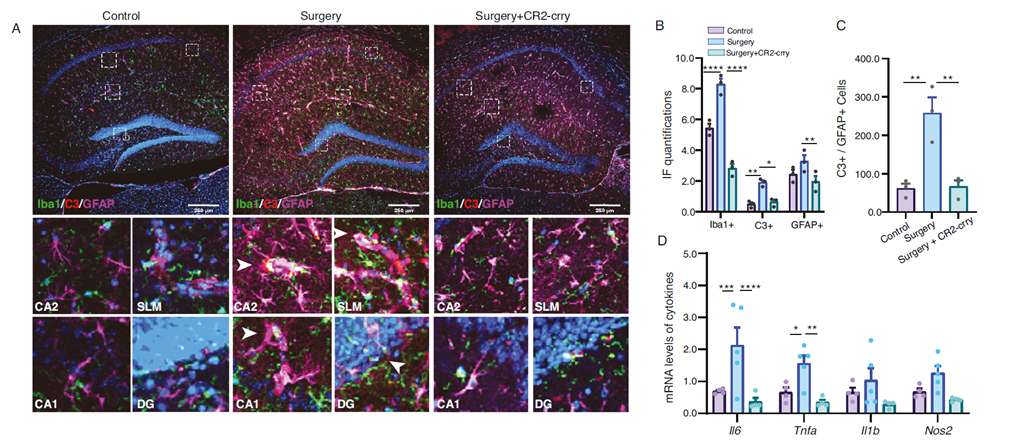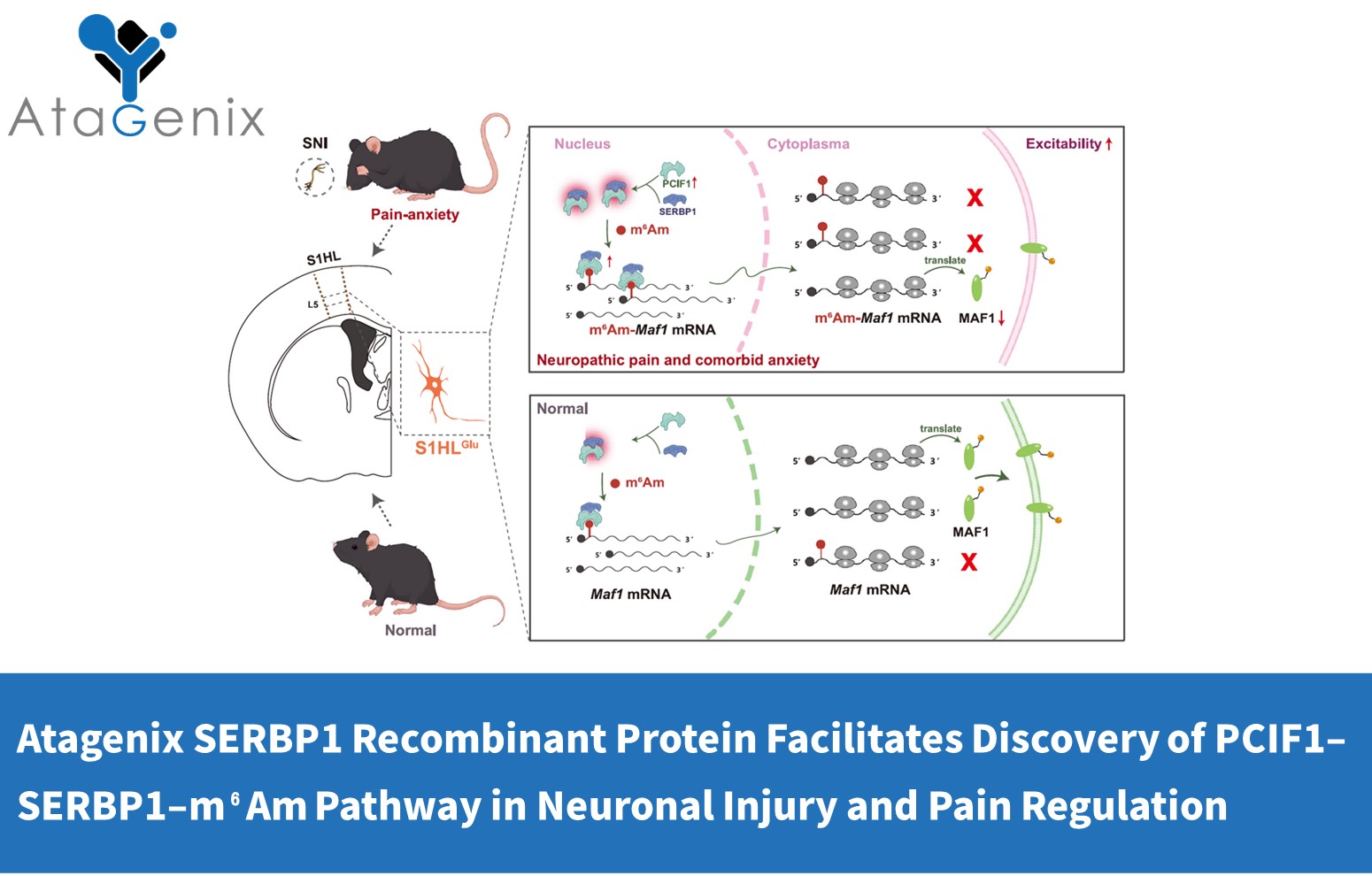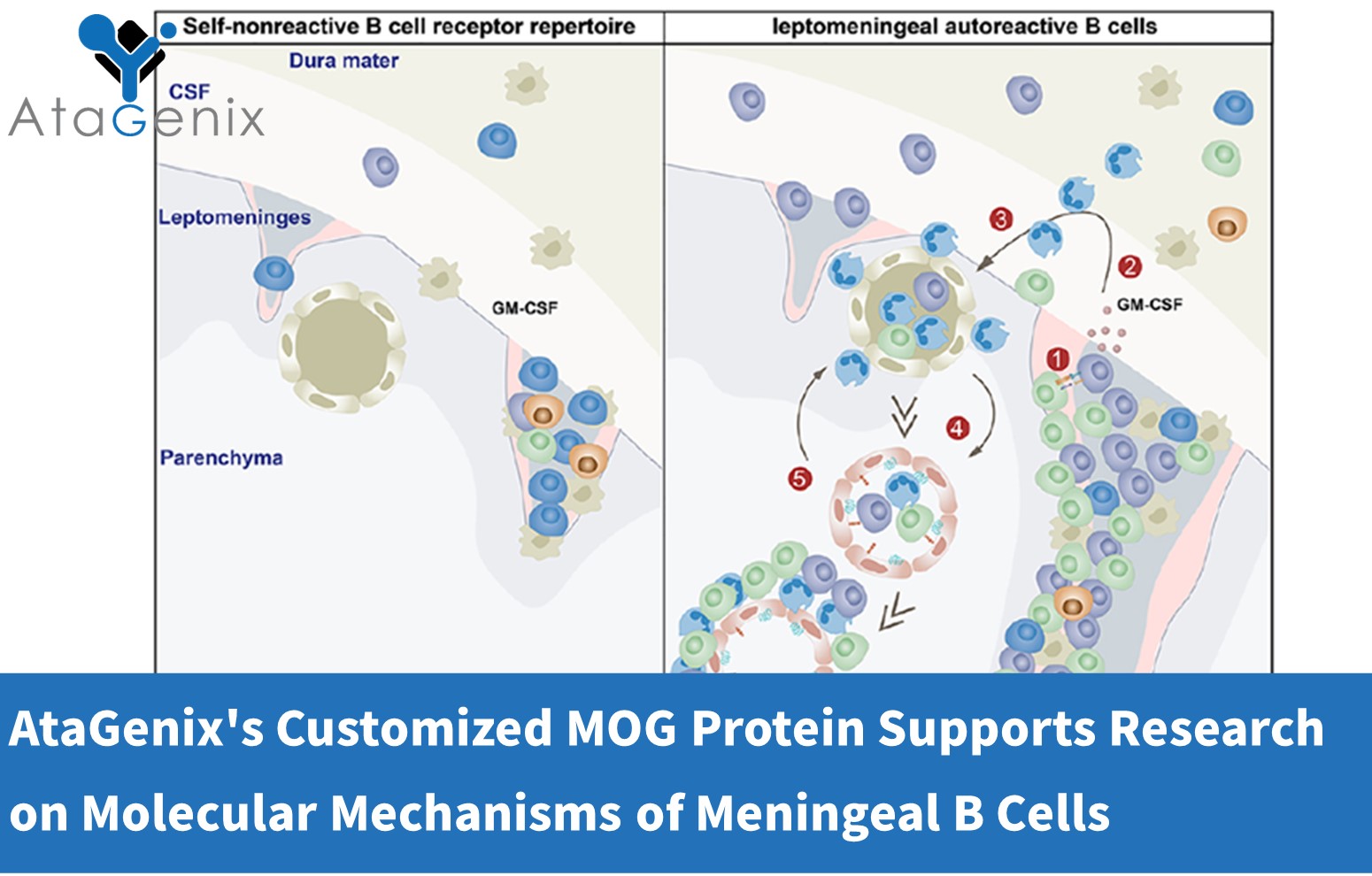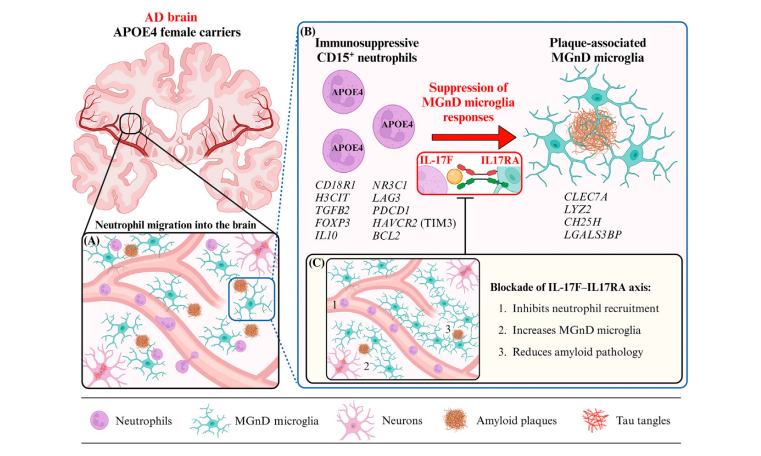Gastric cancer (GC) is the fifth most common malignancy and the fourth leading cause of cancer-related deaths worldwide, with oxaliplatin (OXA) resistance posing a major therapeutic challenge. A research team from Jiangnan University Affiliated Hospital, supported by AtaGenix, published a study in Free Radical Biology and Medicine, integrating multi-omics and organoid models. The study reveals that LncRNA BASP1-AS1 recruits the ULK1/LDHA complex to enhance glycolysis and lactate production, inducing PCBP2 K115 lactylation (PCBP2K115la). This modification blocks PCBP2 interaction with ARIH2, inhibiting ubiquitination and stabilizing PCBP2, while histone H3K14la transcriptionally activates LDHA/PCBP2, forming a self-amplifying metabolic-epigenetic loop. This axis suppresses ferroptosis, sustaining OXA resistance, and highlights the BASP1-AS1–PCBP2 pathway as a key mechanism and potential therapeutic target for overcoming GC chemoresistance. AtaGenix’s custom anti-PCBP2K115la antibody enabled precise detection of lactylation dynamics.
